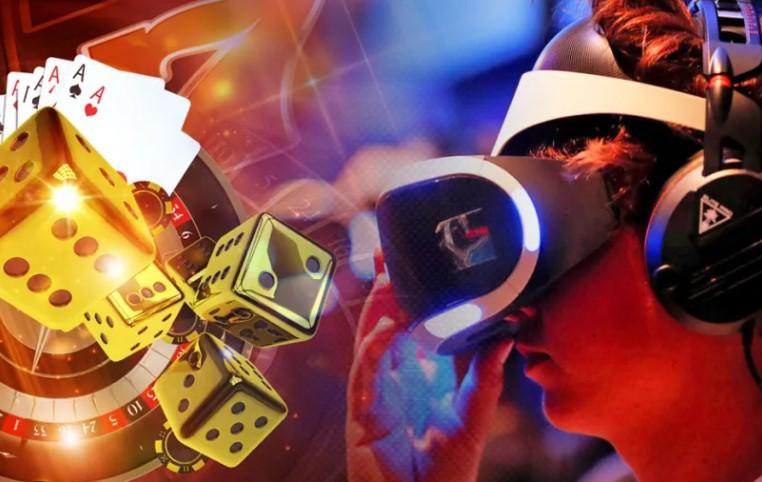The VR Gambling Market has emerged as one of the fastest-growing segments within the broader online gaming industry, attracting significant investment from technology companies and traditional casino operators alike. This market expansion reflects changing consumer preferences toward immersive entertainment experiences and the increasing accessibility of VR hardware across global markets. Industry analysts attribute this growth to several factors, including improved internet connectivity, affordable VR headset options, and the development of sophisticated gambling software that delivers realistic casino experiences. The convergence of gaming technology and gambling entertainment has created a unique market opportunity that appeals to diverse demographic groups, from millennials seeking novel experiences to traditional gamblers exploring digital alternatives. Market research indicates that early adopters are predominantly male, aged 25-45, with disposable income and existing interest in both technology and gambling activities.
Regional market dynamics reveal interesting patterns in VR gambling adoption and growth trajectories across different geographical areas. North America currently dominates the market share, driven by established gambling infrastructure, high technology adoption rates, and favorable regulatory environments in certain states. European markets show strong growth potential, particularly in countries with progressive gambling regulations and robust digital infrastructure. Asia-Pacific regions demonstrate the fastest growth rates, fueled by increasing smartphone penetration, rising disposable incomes, and cultural acceptance of gambling activities. Latin American and Middle Eastern markets represent emerging opportunities, though regulatory challenges and infrastructure limitations currently constrain growth. Understanding these regional variations helps stakeholders develop targeted strategies for market entry and expansion.
Financial forecasts project the VR gambling market will achieve USD 1.35 billion valuation by 2035, maintaining a robust 35.11% CAGR from 2025 through 2035. This remarkable growth trajectory surpasses many other digital entertainment sectors, highlighting VR gambling's transformative potential within the broader gambling industry. Investment activity has intensified, with venture capital firms, private equity groups, and strategic corporate investors competing for stakes in promising VR gambling ventures. The market's expansion creates opportunities across the value chain, from hardware manufacturers and software developers to payment processors and marketing agencies specializing in VR content. Economic multiplier effects extend beyond direct market participants, influencing related industries such as telecommunications, cloud computing, and digital marketing services.
Competitive dynamics within the VR gambling market reveal a landscape characterized by innovation, strategic partnerships, and rapid technological advancement. Established casino brands leverage their reputation and customer bases while partnering with technology companies to develop VR platforms. Pure-play VR gambling startups focus on technological innovation and user experience optimization, often targeting niche market segments or specific game types. Technology giants explore market entry through platform development, hardware innovation, or strategic acquisitions of existing VR gambling companies. The competitive environment encourages continuous innovation, resulting in improved graphics quality, enhanced social features, and novel game mechanics that differentiate platforms in an increasingly crowded marketplace. Success factors include technological excellence, regulatory compliance, marketing effectiveness, and the ability to build sustainable competitive advantages.
Explore Our Latest Trending Reports:



